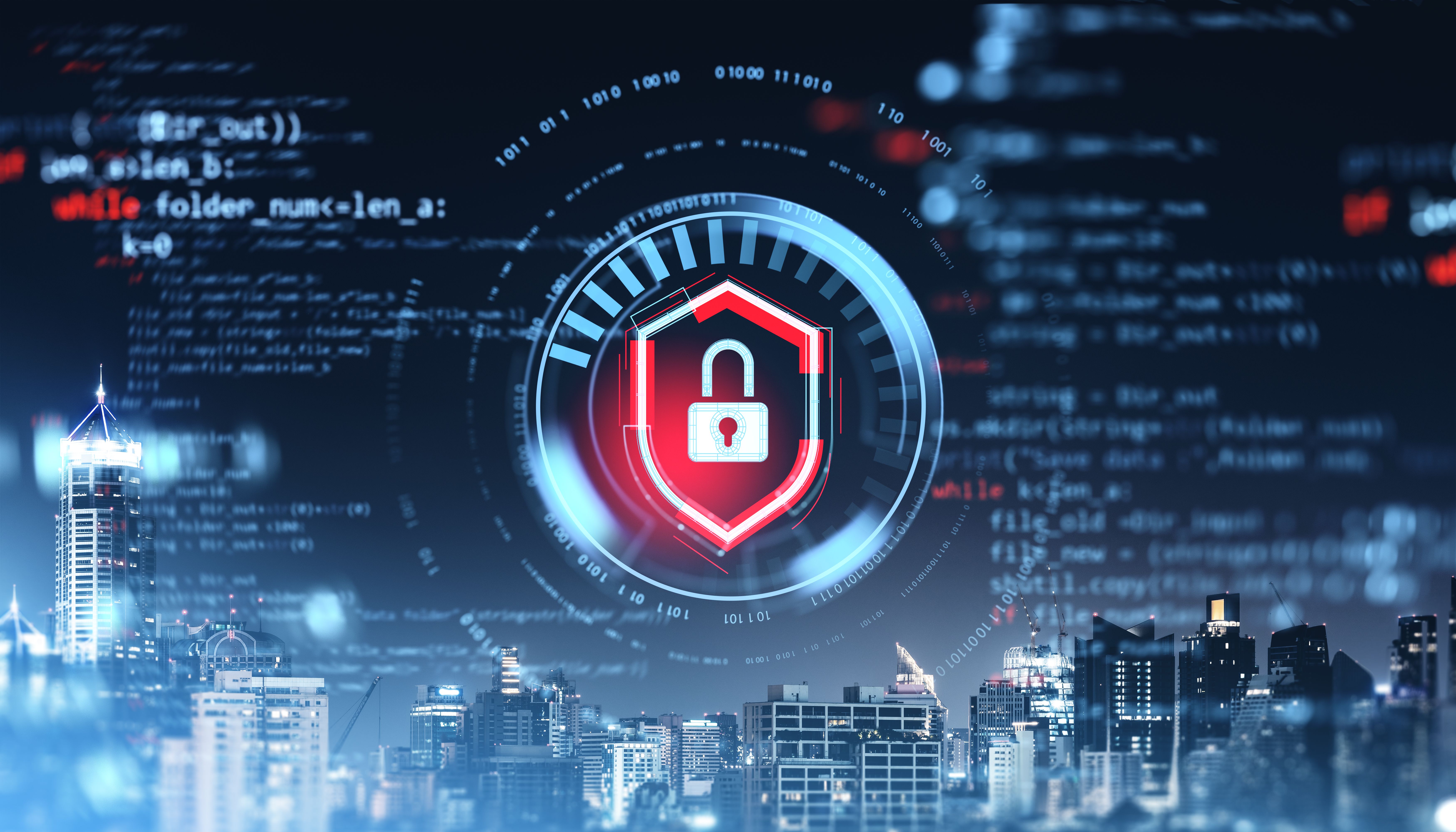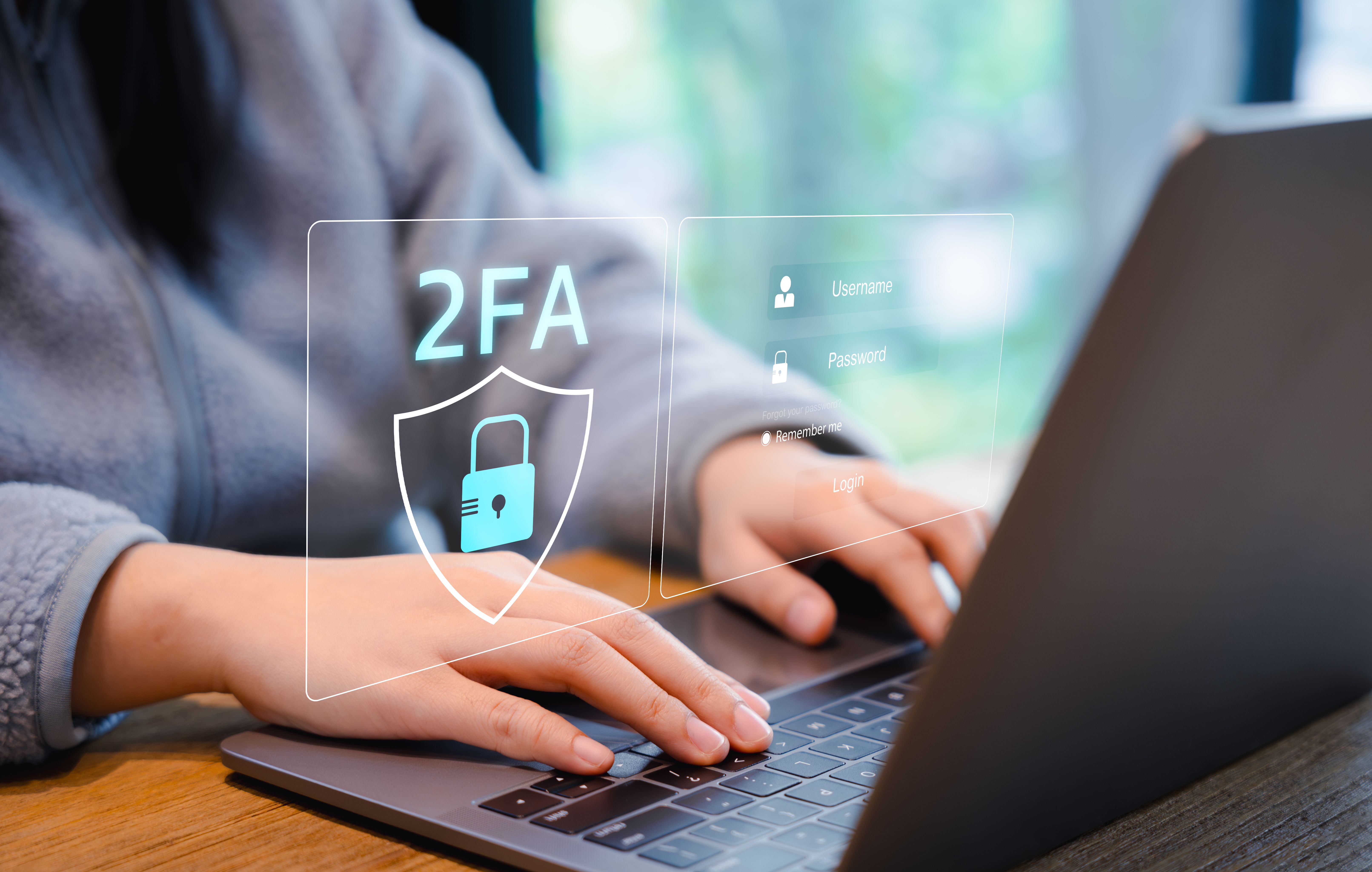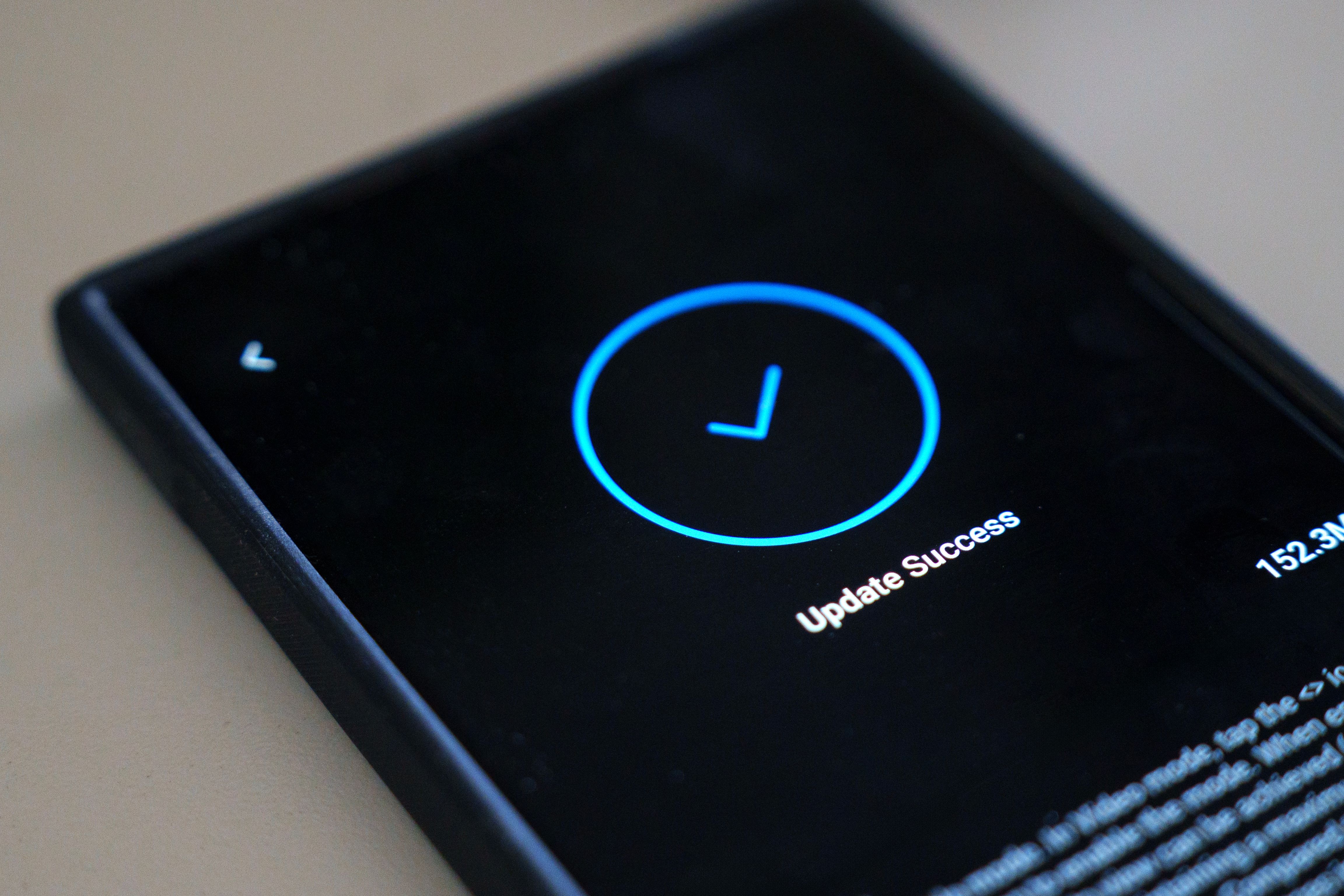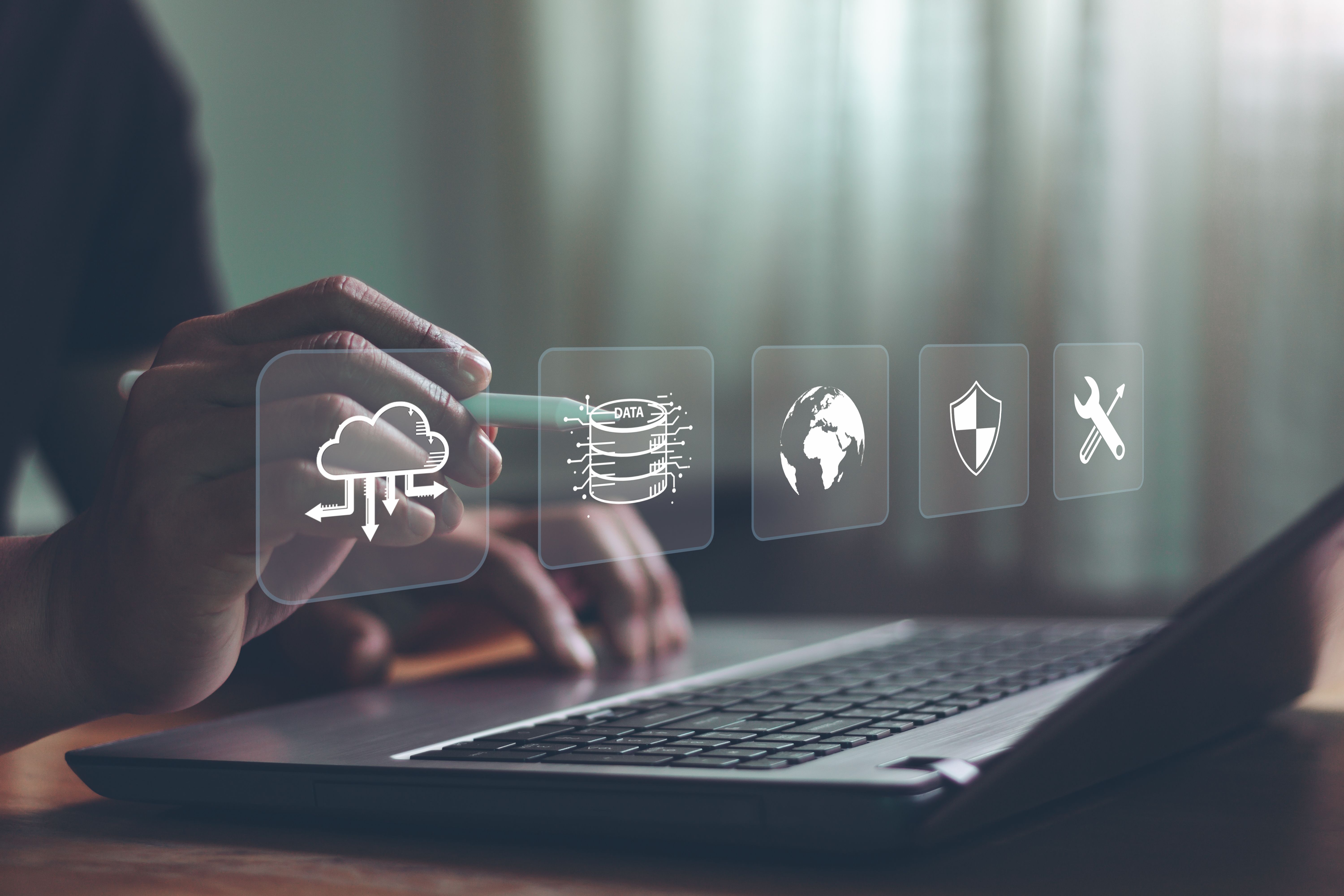Cybersecurity Basics: Tips to Stay Safe Online
Why Cybersecurity Matters for Staying Safe Online
Let’s face it; we live online. From banking to binge-watching, our digital lives are packed with personal information. That’s why learning how to stay safe online is more important than ever. Cybersecurity isn’t just for tech experts; it’s for everyone. It’s about protecting your devices, your data, and your identity from digital threats that are becoming more sophisticated every day.
If you want to explore more tools to boost your online protection, check out our guide to Essential Tools to Keep You Safe Online.

Use Strong Passwords
Your password is your first line of defence. A weak password is like leaving your front door unlocked. To stay safe online:
- Use a mix of uppercase and lowercase letters, numbers, and symbols.
- Avoid using the same password across multiple accounts.
- Consider using a password manager to keep things secure and organised.
Need help creating stronger passwords? We have a guide for securing your passwords.
Set Up Two-Factor Authentication (2FA)
Two-factor authentication adds an extra layer of security. Even if someone gets your password, they’ll need a second code to access your account. It’s one of the easiest ways to stay safe online and protect your personal data.
Not sure how to set it up? Here’s a step-by-step guide: How to set up two-factor authentication.

Be Wary of Email Phishing Scams
Phishing scams are one of the most common ways people get tricked online. These fake emails or messages often look legit but are designed to steal your information.
Watch out for:
- Suspicious email addresses.
- Generic greetings like “Dear Customer”.
- Urgent requests for personal info or money.
Want to sharpen your scam-spotting skills? Read How to Spot Email Phishing.
Keep Your Software Updated
Software updates aren’t just about new features—they fix security vulnerabilities that hackers love to exploit. To stay safe online, make sure you regularly update:
- Your operating system.
- Web browsers.
- Apps.
- Antivirus software.
Learn more about why updates matter in Why Software Updates Matter.

Secure Your Home Network
Your Wi-Fi is your digital gateway. If it’s not secure, cybercriminals can easily gain access to your devices and data. Here’s how to lock it down:
- Change default router passwords
- Use WPA3 encryption if available
- Disable remote access features you don’t use
- Consider installing a firewall
For more on network safety, visit Understanding and Reporting Online Scams.
Backup Your Data
Backing up your data is a key part of staying safe online. If your system gets compromised, backups ensure you don’t lose everything.
- Use cloud storage or external hard drives.
- Back up regularly.
- Test your recovery process to make sure it works.

Educate Yourself and Others
Cybersecurity is always evolving. Staying informed helps you stay safe online and helps others do the same. Read blogs (like this one), join webinars, and share what you learn with friends and family.
Want to improve your email protection too? Check out "Email Security" Tips.
Final Thoughts
Staying safe online doesn’t have to be complicated. With a few smart habits, like using strong passwords, enabling 2FA, watching out for scams, and keeping your software updated, you can protect your digital life and browse with confidence.
Want a full breakdown of how to stay secure online? Visit our "online safety tips" page for essential advice and resources.
Looking for more cybersecurity tips?
Explore the full blog at kellssecurity.com.
Got questions? Contact us; we’re here to help!
